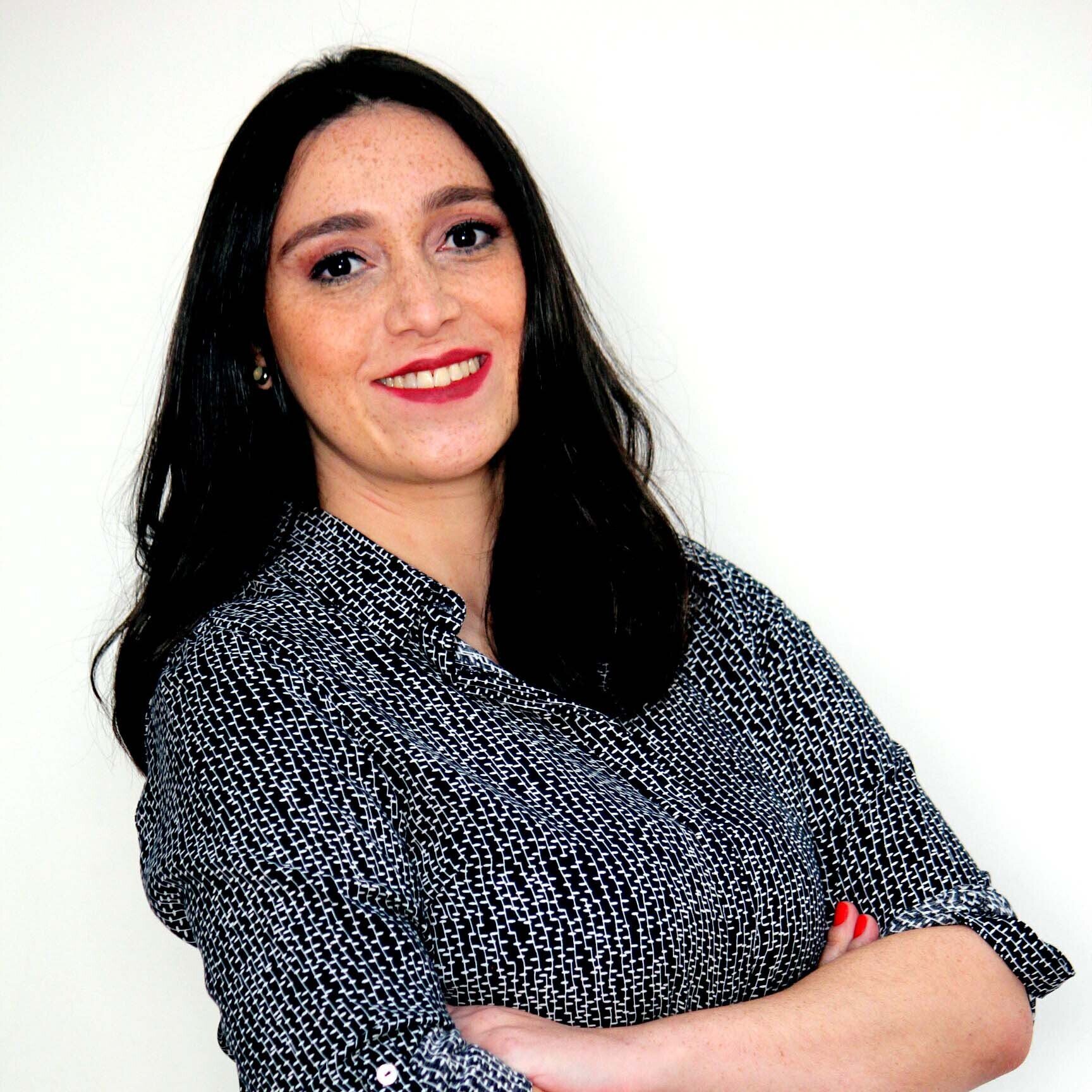Cannabidiol (CBD) is a popular option for dealing with pain, insomnia, and other common health problems. With that, some suggest you can use CBD for autism. Recent human studies of CBD-rich cannabis extracts found significant improvements in symptoms of autism and related issues, such as anxiety and sleep disturbances.
BEST CBD FOR AUTISM
Featured Retailers

CHAROLETTES WEB
Founded after a group of farmers helped prevent a little girl from experiencing life-changing seizures, Charlotte’s Web is more than just another CBD company.

CBDMD
cbdMD is by far one of the largest CBD brands currently on the market and they’ve developed a very diverse selection of CBD oils and products.
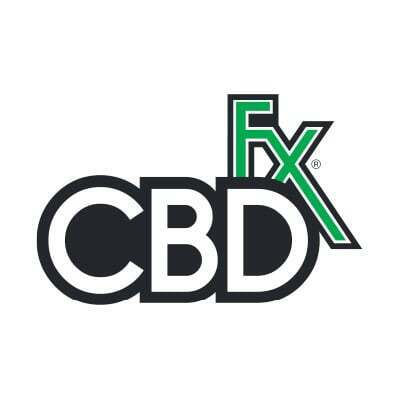
CBDFX
CBDfx is an online hemp CBD retailer that sells CBD oil, CBD vape juice, capsules, and more.
A BRIEF OVERVIEW OF Autism
Autism spectrum disorder (ASD) is a neurodevelopmental condition that affects communication and behavior. It causes difficulties in socializing and communicating, alongside restricted interests and repetitive behaviors.
ASD typically begins early and continues into adulthood, causing difficulties at school, work, and other social situations.
It includes several conditions that were considered separate in the past, such as autism and Asperger’s syndrome. Since it’s a spectrum disorder, the severity can vary from person to person.
This means that some children with ASD may face significant challenges in learning and processing information, while others may demonstrate average or above-average intellectual abilities but still experience difficulties with communication and social interactions.
ASD is estimated to affect about 0.76% of people worldwide and 1 in 59 children in the United States. ¹ Boys are about three times as likely as girls to be diagnosed with the condition.
Although there’s no single cause of autism, researchers believe the interplay of genetic and environmental factors affecting the developing brain play a major role.
For example, studies have found structural differences in some parts of the brain of children with ASD. Researchers are also continuing to identify genes associated with it.
Meanwhile, environmental risk factors include advanced parental age, prenatal exposure to air pollution or pesticides, and maternal immune infections or disorders.
UNDERSTANDING THE SUBTYPES OF Autism
Before it was reclassified as a spectrum disorder in 2013, autism was divided into four related conditions: ²
- Asperger’s Syndrome: A milder, high-functioning form of autism. People with Asperger’s have average to high intelligence and can handle adult life. However, they still struggle socially and may have limited interests.
- Pervasive developmental disorder not otherwise specified (PDD-NOS): A term for autism that’s more serious than Asperger’s but not as severe as autistic disorder.
- Autistic disorder: This disorder has the same types of symptoms as other forms of autism, but is more severe.
- Childhood disintegrative disorder: The rarest and most severe type of autism, this disorder causes children to have severe and sudden reversals in language, social, and motor skills.
Autism Symptoms & Pathology
The symptoms of autism spectrum disorder (ASD) include, but aren’t limited to:
- Limited social interaction with peers
- Poor eye contact and lack of facial expressions
- Delayed speech and difficulty communicating
- Repetitive movements or phrases
- Difficulty reading body language
- Clumsiness
- Following specific routines and having obsessive interests
- Sensory sensitivity
- Intensely focusing on an object or activity
Some children with ASD may have intellectual disability and difficulty learning, whereas others may not experience the same issues. The condition is also associated with a higher risk of seizures, gastrointestinal issues, and anxiety disorders.
Can CBD Help MANAGE THE SYMPTOMS OF Autism?
While modern medicine has provided satisfactory treatment options for autism, some may wonder if CBD is a viable option too.
CBD interacts with the body’s endocannabinoid system (ECS), which regulates vital physiological and cognitive processes, including learning, mood, sleep, and inflammation. ³
This system comprises endocannabinoids naturally made by our bodies, the cannabinoid receptors they activate, and enzymes that build and break them down. A growing volume of research suggests that ECS dysfunction is involved in autism. ³
For example, one 2018 study found that children with ASD had lower levels of endocannabinoid anandamide than their healthy counterparts. ⁴
Similarly, a 2019 study reported lower levels of three endocannabinoid molecules — anandamide, OEA (oleic acid), and PEA (palmitoylethanolamide) — in minors with ASD. ⁵
Another 2021 study found that autistic children and mice had reduced levels of endocannabinoids, and higher levels of endocannabinoid-degrading enzymes and cannabinoid receptors. ⁶
The researchers concluded that “Current evidence strongly implicates alterations in the eCB system in human patients with ASD and in animal models.” ⁶
Indeed, the ECS regulates major processes involved in ASD, including brain development and the function of neurons and other brain cells. ⁷ It also influences other issues commonly seen in ASD, such as seizures, anxiety, and sleep disturbances.
That’s why targeting the ECS with cannabinoid-based treatments is a growing area of research. CBD in particular has a lot of promise because it’s been shown to increase the levels of anandamide, one of the two major endocannabinoids, and lacks the intoxicating effects of tetrahydrocannabinol (THC). ⁸
CBD has also been shown to have anxiolytic (anxiety-reducing), antidepressant, antipsychotic, and other beneficial cognitive effects by acting on serotonin receptors and other systems. ⁹
As a result, it may help with anxiety, seizures, and other issues that commonly occur alongside autism spectrum disorder.
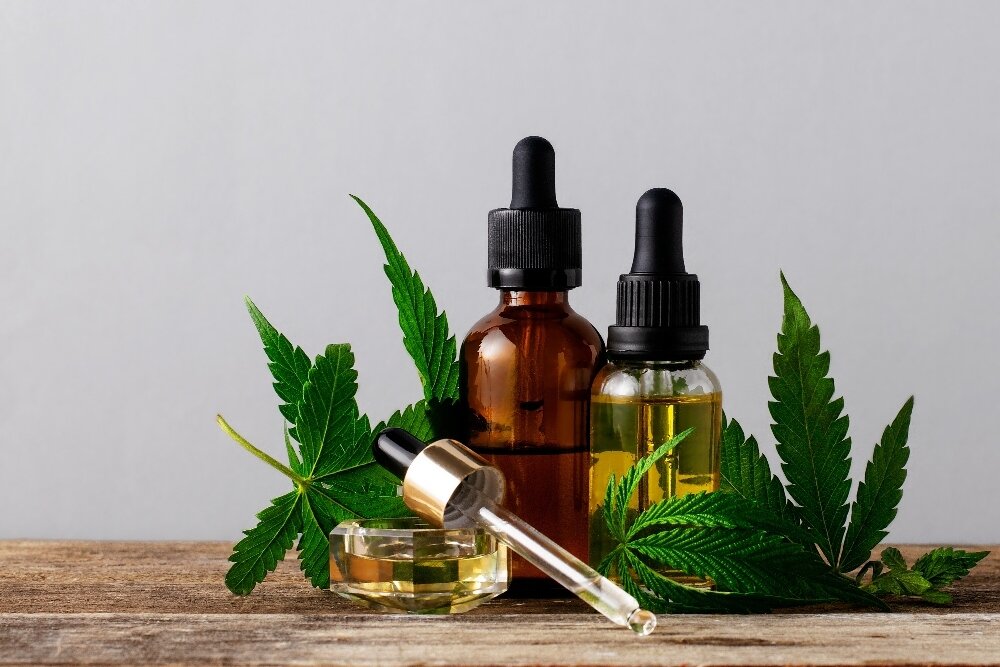
CBD FOR AUTISM: What Does the Research Say?
Research on the use of CBD and autism is steadily growing, and plenty of people are wondering, is CBD oil and autism a good combination?
Israeli researchers published the most noteworthy study in 2021, which compared the effects of CBD-enriched cannabis oil (with a 20:1 ratio of CBD to THC) and pure CBD/THC oil to placebos. A total of 150 children with ASD were assigned to one of the three treatments for 12 weeks before taking a 4-week break and changing groups for another 12 weeks. ¹⁰
Pure cannabinoids had no significant effect. However, 49% of the children taking whole-plant extract saw improvements in disruptive behavior versus 21% for placebo. The whole-plant extract also improved scores on the SRS scale of ASD severity by 14.9 points, versus only 3.6 for placebo. ¹⁰
In a similar 2018 study, 60 children with ASD took CBD-enriched cannabis oil (with a CBD/THC ratio ranging from 20:1 to 6:1) daily for 7–13 months. ¹¹
Seven participants withdrew due to side effects and low efficacy. However, 61% of those who completed the study saw significant improvements in behavioral outbreaks. Many also reduced or stopped their use of other medications. ¹¹
Meanwhile, a 2019 study looked at the effects of CBD oil with a 20:1 ratio of CBD to THC in 53 ASD children and adults (aged 4-22). They took the oil for anywhere from 30 to 588 days. ¹²
Self-injury and rage attacks improved in 67.6%, hyperactivity symptoms in 68.4%, sleep in 71.4%, and anxiety in 47.1%, although a few children had the opposite, negative effect. ¹²
Another 2019 study looked at the effects of CBD-enriched cannabis extract with a 75:1 ratio of CBD and THC in 18 children with autism. They took capsules daily for 6–9 months. ¹³
Three participants discontinued the treatment after a month due to side effects, and one didn’t see any changes. ¹³
However, the remaining 14 saw improvements in more than one of eight symptom categories: attention-deficit hyperactivity disorder (ADHD), behavioral disorders, motor deficits, autonomy deficits, communication and social interaction deficits, cognitive deficits, sleep disorders, and seizures. ¹³
There were particularly big improvements in symptoms of seizures, ADHD, sleep disorders, and communication and social interaction deficits. ¹³
The researchers concluded that “… CBD-enriched CE yields positive effects in multiple autistic symptoms, without causing the typical side effects found in medicated ASD patients.” ¹³
Overall, the findings are promising and suggest that whole-plant, CBD-rich cannabis preparations may help with many symptoms of autism and related issues. However, further placebo-controlled studies are required.
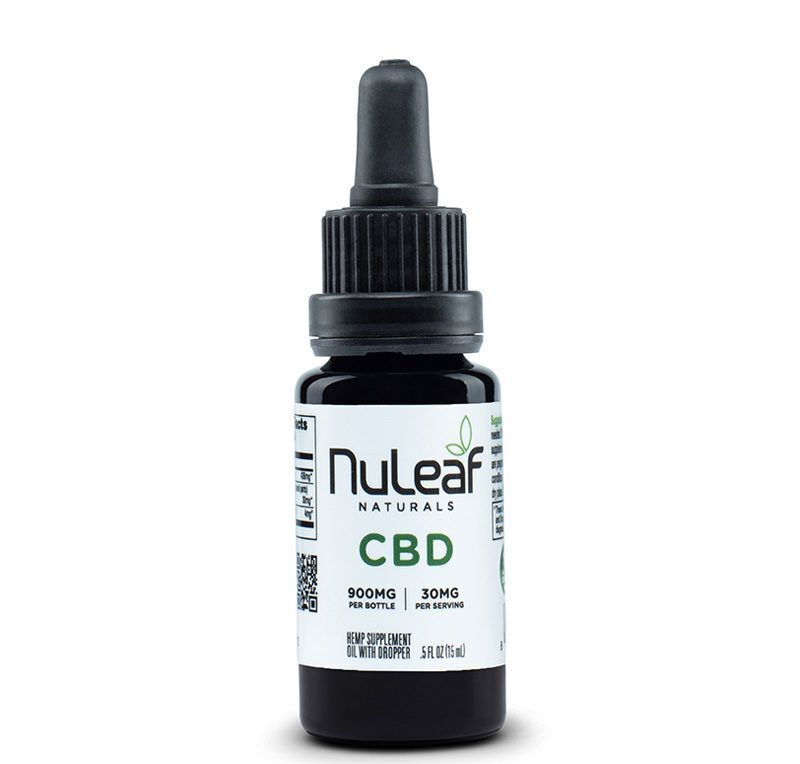
Best CBD Oil for Autism
Since whole-plant CBD extract is most effective for autism, we recommend NuLeaf Natural’s organic tincture.
Redeem code FEELGOOD for 20% Off Nuleaf Coupon
GET THE BEST CBD OIL for Autism SYMPTOMS
According to the research, whole-plant, CBD-rich cannabis extracts work best for autism.
This provides further evidence for the entourage effect – the fact that cannabis works best when all the cannabinoids, terpenes, and other phytochemicals are used together instead of isolated THC and CBD.
As such, full-spectrum CBD products are the ideal choice for autism since they contain the same active compounds and a similar, high ratio of CBD to THC. ¹⁴ In particular, we recommend using full-spectrum CBD oil because the most rigorous studies also used whole-plant, sublingual (under-the-tongue) cannabis oil.
Although full-spectrum CBD capsules can also help, they will have weaker effects because CBD and other cannabinoids have low oral bioavailability. ¹⁵
How Much CBD Should I Take for Autism?
The right dosage of CBD for autism will be different for everyone. It varies depending on body weight, genetics, symptom severity, product type, and other factors.
It’s best to start with a low dose and slowly raise it over time. ¹⁶ You could begin with 10-15 mg of full-spectrum CBD and wait for about two hours to see the effects.
If it’s not enough, gradually increase the dosage over time. Just be sure to stop for at least two hours to assess how you feel. Use this conservative approach to find the right CBD amount for your desired results.
Some people have seen improvements at 25mg of CBD twice a day, while some have even taken as much as 90mg of CBD split over three times a day. It’s all about finding what works for you.
Are There Any Side Effects?
Studies of CBD-rich cannabis extracts reported mostly mild side effects, such as sleepiness, decreased appetite, sleep disturbances, irritability, euphoria, and anxiety. ¹⁷
However, it should be noted that these effects are not just from CBD but also other cannabinoids and terpenes present in whole-plant extracts. ¹⁷ For example, the mild euphoria and anxiety reported by one study were likely due to the small amounts of THC, the main intoxicating component of cannabis. ¹⁷
Aside from that, research has shown that pure CBD is a relatively safe substance with few and minor side effects. ¹⁷
Conclusion
Clinical studies of CBD-rich cannabis extracts in people with autism spectrum disorder are promising.
Although further research is needed, CBD may help improve many of the symptoms of autism and might also help with related issues such as seizures, anxiety, and sleeping problems. Furthermore, you may find relief from autism aggression with CBD.
In most cases, the researchers used whole-plant cannabis oil rich in CBD and low in THC. That’s why it’s recommended to use full-spectrum CBD oil, which is the closest equivalent. You can start with a low dose and slowly increase it over time.
CBD is a safe compound and the extracts used in research resulted in mostly minor side effects.
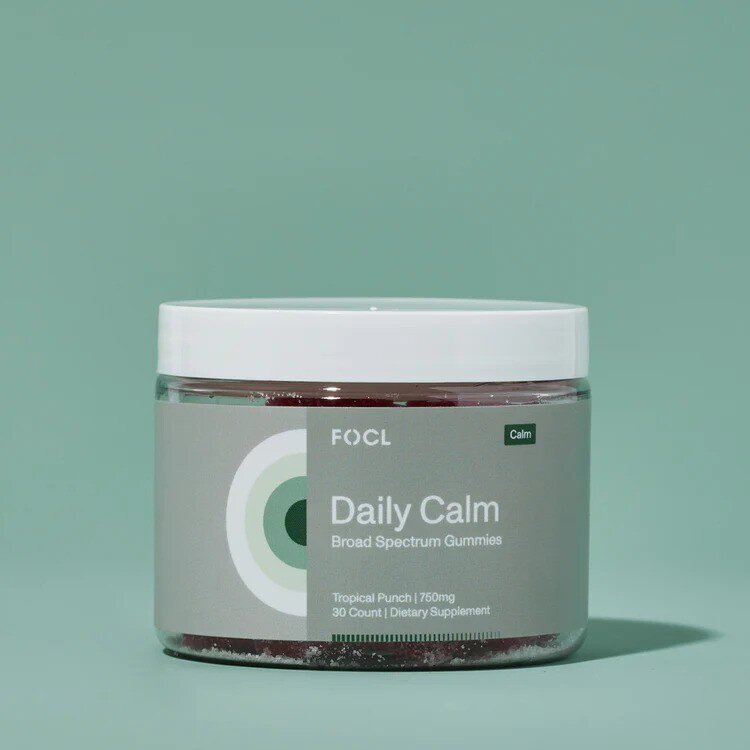
Best CBD Gummies for Autism
If you want a THC-free option, FOCL’s Daily Calm Broad-Spectrum gummies are a great option.
Redeem code NERDS35 for 35% OFF: FOCL CBD Products
- [1] Hodges, Holly, Casey Fealko, and Neelkamal Soares. "Autism spectrum disorder: definition, epidemiology, causes, and clinical evaluation." Translational pediatrics 9.Suppl 1 (2020): S55.
- [2] Faras, Hadeel, Nahed Al Ateeqi, and Lee Tidmarsh. "Autism spectrum disorders." Annals of Saudi medicine 30.4 (2010): 295-300.
- [3] Lu, Hui-Chen, and Ken Mackie. "Review of the endocannabinoid system." Biological Psychiatry: Cognitive Neuroscience and Neuroimaging (2020).
- [4] Karhson, Debra S., et al. "Plasma anandamide concentrations are lower in children with autism spectrum disorder." Molecular Autism 9.1 (2018): 1-6.
- [5] Aran, Adi, et al. "Lower circulating endocannabinoid levels in children with autism spectrum disorder." Molecular autism 10.1 (2019): 1-11.
- [6] Zou, Mingyang, et al. "Alterations of the endocannabinoid system and its therapeutic potential in autism spectrum disorder." Open Biology 11.2 (2021): 200306.
- [7] Pietropaolo, Susanna, et al. "The role of the endocannabinoid system in autism spectrum disorders: evidence from mouse studies." Progress in Molecular Biology and Translational Science 173 (2020): 183-208.
- [8] Deutsch, Dale G. "A personal retrospective: elevating anandamide (AEA) by targeting fatty acid amide hydrolase (FAAH) and the fatty acid binding proteins (FABPs)." Frontiers in pharmacology 7 (2016): 370.
- [9] Fusar-Poli, Laura, et al. "Cannabinoids for people with ASD: a systematic review of published and ongoing studies." Brain Sciences 10.9 (2020): 572.
- [10] Aran, Adi, et al. "Cannabinoid treatment for autism: a proof-of-concept randomized trial." Molecular autism 12.1 (2021): 1-11.
- [11] Aran, Adi, et al. "Brief report: cannabidiol-rich cannabis in children with autism spectrum disorder and severe behavioral problems—a retrospective feasibility study." Journal of Autism and Developmental Disorders 49.3 (2019): 1284-1288.
- [12] Barchel, Dana, et al. "Oral cannabidiol use in children with autism spectrum disorder to treat related symptoms and co-morbidities." Frontiers in pharmacology 9 (2019): 1521.
- [13] Fleury-Teixeira, Paulo, et al. "Effects of CBD-enriched Cannabis sativa extract on autism spectrum disorder symptoms: an observational study of 18 participants undergoing compassionate use." Frontiers in neurology 10 (2019): 1145.
- [14] Russo, Ethan B. "The case for the entourage effect and conventional breeding of clinical cannabis: no “strain,” no gain." Frontiers in plant science 9 (2019): 1969.
- [15] Millar, Sophie A., et al. "A systematic review on the pharmacokinetics of cannabidiol in humans." Frontiers in pharmacology 9 (2018): 1365.
- [16] Lucas, Catherine J., Peter Galettis, and Jennifer Schneider. "The pharmacokinetics and the pharmacodynamics of cannabinoids." British journal of clinical pharmacology 84.11 (2018): 2477-2482
- [17] Huestis, Marilyn A., et al. "Cannabidiol adverse effects and toxicity." Current neuropharmacology 17.10 (2019): 974-989.
